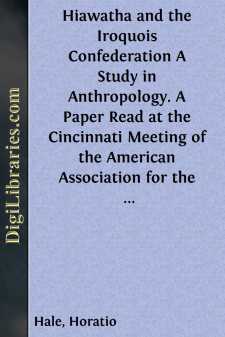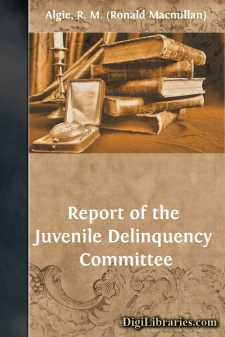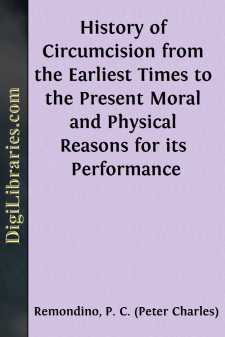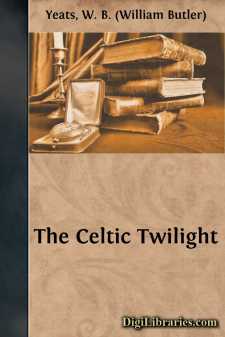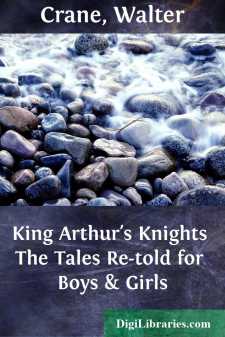Non-Classifiable
- Non-Classifiable 1768
Non-Classifiable Books
Sort by:
by:
Hugo Munsterberg
INTRODUCTION APPLIED PSYCHOLOGY Our aim is to sketch the outlines of a new science which is to intermediate between the modern laboratory psychology and the problems of economics: the psychological experiment is systematically to be placed at the service of commerce and industry. So far we have only scattered beginnings of the new doctrine, only tentative efforts and disconnected attempts which have...
more...
CHAPTER ITHE PROBLEM OF LIFE Before we proceed to outline Eucken's philosophical position, it will be well if we can first be clear as to the special problem with which he concerns himself. Philosophers have at some time or other considered all the problems of heaven and earth to be within their province, especially the difficult problems for which a simple solution is impossible. Hence it is,...
more...
by:
Horatio Hale
A LAWGIVER OF THE STONE AGE. By HORATIO HALE, of Clinton, Ontario,Canada. What was the intellectual capacity of man when he made his first appearance upon the earth? Or, to speak with more scientific precision (as the question relates to material evidences), what were the mental powers of the people who fashioned the earliest stone implements, which are admitted to be the oldest remaining traces of our...
more...
ORDERS OF REFERENCE Extracts from the Journals of the House of Representatives Tuesday, the 28th Day of September 1954 Ordered, "That a Select Committee be appointed, consisting of ten Members, to consider the Report of the Special Committee on Moral Delinquency in Children and Adolescents (H-47, 1954); the Committee to make such recommendations or observations as it thinks fit to the House or the...
more...
INTRODUCTION. This book is the amplification of a paper, the subject of which was, “A Plea for Circumcision; or, the Dangers that Arise from the Prepuce,” which was read at the meeting of the Southern California Medical Society, at Pasadena, in December, 1889. The material gathered for that paper was more than could be used in the ordinary limits of a society paper; it was gathered and ready for...
more...
by:
David Steele
CHAPTER I. 1. The Revelation of Jesus Christ, which God gave unto him, to show unto his servants things which must shortly come to pass; and he sent and signified it by his angel unto his servant John: 2. Who bare record of the word of God, and of the testimony of Jesus Christ, and of all things that he saw. 3. Blessed is he that readeth, and they that hear the words of this prophecy, and keep those...
more...
by:
Edward Morton
CHAPTER I. Of the Breast-Milk, &c. &c. No sooner has the child been ushered into the world than the breasts of the mother pour forth their milk for its sustenance. This bland fluid is secreted from the blood, and varies, in quality and quantity, according to the time which has elapsed from delivery, being peculiarly and wonderfully adapted at every period to the wants of the individual for...
more...
THIS BOOK I I have desired, like every artist, to create a little world out of the beautiful, pleasant, and significant things of this marred and clumsy world, and to show in a vision something of the face of Ireland to any of my own people who would look where I bid them. I have therefore written down accurately and candidly much that I have heard and seen, and, except by way of commentary, nothing...
more...
by:
Tom Bullock
INTRODUCTION I have known the author of "The Ideal Bartender" for many years, and it is a genuine privilege to be permitted to testify to his qualifications for such a work. To his many friends in St. Louis, Louisville, Cincinnati, Chicago and elsewhere, my word will be superfluous, but to those who do not know him, and who are to be the gainers by following his advices, it may prove at the...
more...
by:
Walter Crane
PREFACE This book is an attempt to tell some of the stories of King Arthur and his Knights in a way which will be interesting to every boy and girl who loves adventures. Although tales of these old British heroes have been published before in a form intended for young people, it is believed that they have never been related quite in the same spirit nor from the same point of view; and it is hoped that...
more...




